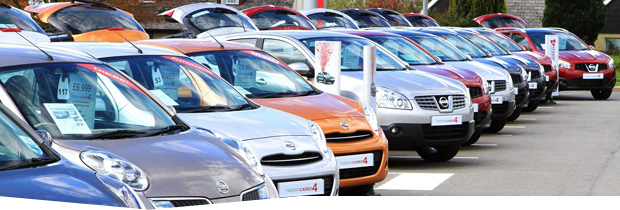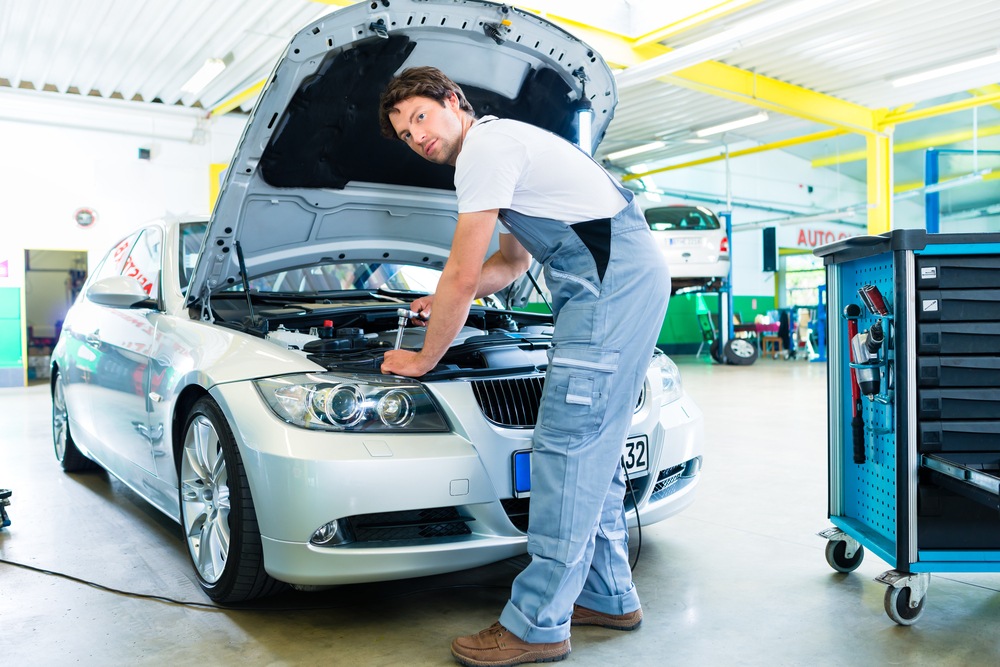When it comes to buying a new car, everyone wants a bargain, but if you don’t know the first thing about cars and engines, then it’s highly likely you’ll end up paying way over the odds. But even if you’re not into cars and know very little about how they work, there are still things you can do to help ensure that you get the best deal.
New World Used Car Auckland offers some sound advice on what to look for when buying a used car… here’s what they suggested.
What to look for when buying a used cars Auckland
Ask Questions
The first point of call is to ask as many questions as possible, not only will this give you information (information you’ll have to take on face value until you get chance to dig deeper), it may also give you an idea of how trustworthy the salesman is.
Ask questions such as, “how long have they owned the car?”, “what is the reason for selling it on?”, “will it meet the requirements of a roadworthy certificate (RWC)?”, “has is ever been in an accident?”, and “does the car have any persistent minor problems?”. Then check to see if these details match up with those in the vehicle documents.
Check for Rust and Damage to the Bodywork
A thorough check over the bodywork can reveal any previous damage as a result of an accident or rust. When panels have been completely replaced you should check the paint work (it can be difficult to match up paint that’s applied at different times) and in the event the car has received a complete spray job, then you can check the underside of the panels to see if any are newer than others.
To spot rust, or small repairs where the car has received undocumented touch-ups, you can use a magnet to test the bodywork; wherever the magnet won’t stick, will indicate that there’s rust damage underneath the paint.
Check the vehicle’s history
Millage, accidents, and run-ins with the police can all be hidden using various methods. Millage clocks, both analog and digital, can be tampered with to give lower readings than the car has actually travelled. Accidents or any incidents with the law can be covered up by cloning the car, changing the number plates, and/or removing serial numbers from the engine.
These deceptive tactics can be difficult to spot, but if you’re able to look at the car’s history, you should be able to notice any inconsistencies.
For example, most cars travel around 10,000 mile a year, unless of course they are used for deliveries and regular long haul journeys. So check the millage, which should be record every time the car is serviced, and see if the numbers add up.
Note the vehicle documents can also be forged, so it’s best to request a complete car history check from a third party company.
Also, you should be aware that any debt tied to the vehicle transfers to the new owner, so you if you have any doubt, you should definitely pay for a complete vehicle background check.
Finally, most used car companies will offer some kind of warrantee, but be sure to check the exact details of their policy as there’s only so much they will cover for used cars, and it’s isn’t usually that generous. As a trusted secondhand car dealer, Lyonne Autos know all to well the pitfalls that can arise when buying a new car, and how this can drastically affect the cost of maintenance further down the line, which is why they do their utmost to provide all the information you need to make an informed decision on which used car you’d like to purchase.



